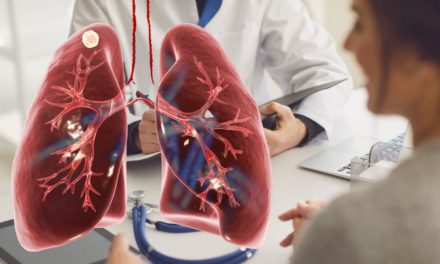Introduction
A phlegmatic cough, often referred to as a productive cough, is a common symptom that can be both bothersome and uncomfortable. It is the body’s way of clearing excess mucus or phlegm from the respiratory tract. While usually a response to respiratory infections or irritants, a persistent phlegmatic cough can signal an underlying issue that requires attention. In this article, we will delve into the world of phlegmatic cough, exploring its causes, symptoms, effects on individuals, and the diverse treatment options available. By fostering awareness and understanding, we aim to provide valuable insights into phlegmatic cough and empower individuals to manage and address this symptom effectively, leading to improved respiratory health and overall well-being.
Unraveling the Phlegmatic Cough
A phlegmatic cough is characterized by the production of thick mucus or phlegm from the respiratory system.
Causes and Triggers
Phlegmatic cough can result from various factors, including:
- Respiratory infections (common cold, bronchitis, pneumonia)
- Allergies or environmental irritants
- Gastroesophageal reflux disease (GERD)
- Chronic obstructive pulmonary disease (COPD)
- Smoking or exposure to secondhand smoke
Identifying Symptoms
Common symptoms of a phlegmatic cough may include:
- Coughing with the presence of mucus or phlegm
- Chest congestion or discomfort
- Shortness of breath
- Sore throat or hoarseness
Effects on Individuals
A persistent phlegmatic cough can lead to discomfort, fatigue, and disrupt sleep and daily activities.
Treatment and Management
- Hydration: Remaining all around hydrated diminishes bodily fluid, making it more straightforward to understood.
- Humidification: Using a humidifier at home can keep the airways moist and alleviate irritation.
- Steam Inhalation: Breathing in steam can assist with slackening bodily fluid and ease blockage.
- Over-the-Counter Medications: Expectorants or decongestants can help loosen mucus and ease coughing.
- Managing Underlying Conditions: Treating respiratory infections, allergies, or GERD can alleviate a phlegmatic cough.
Preventive Measures
Preventing a phlegmatic cough involves:
- Practicing good hand hygiene to avoid infections
- Avoiding exposure to smoke and pollutants
- Managing allergies and environmental triggers
Seeking Professional Help
Consult a healthcare provider if a phlegmatic cough is persistent, worsens, or is accompanied by high fever or other concerning symptoms.
Result
A phlegmatic cough, though often a sign of the body’s defense mechanism, can cause discomfort and disrupt daily life. By understanding its causes, recognizing symptoms, and adopting a comprehensive approach to treatment, individuals can navigate phlegmatic cough with resilience and determination. Through practical remedies, preventive strategies, and fostering a health-conscious environment, individuals can experience improved respiratory health and enjoy a life free from the constraints of a persistent phlegmatic cough. Let us stand united in raising awareness, advocating for proper care, and championing a world where everyone can manage a phlegmatic cough effectively and breathe freely with optimal respiratory well-being.










